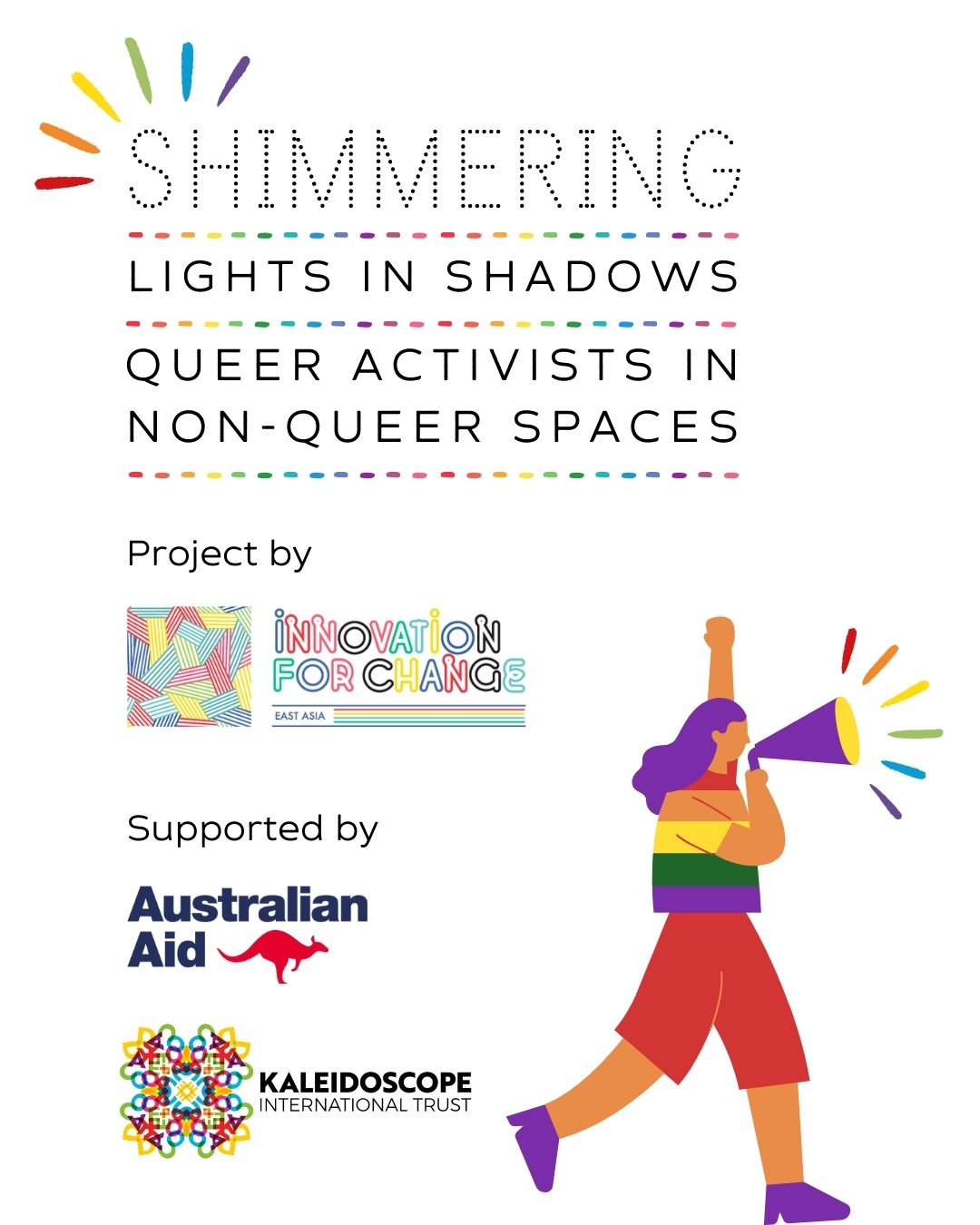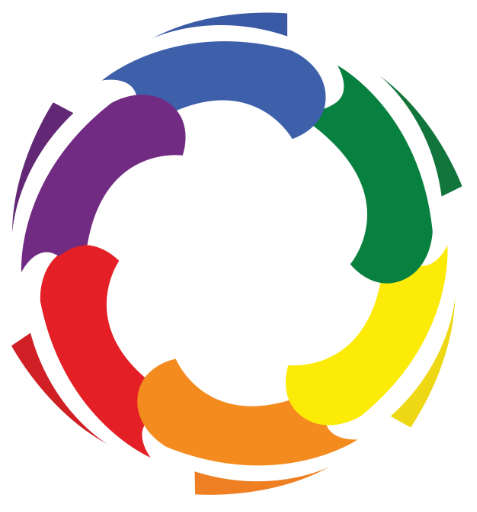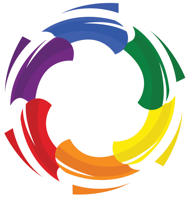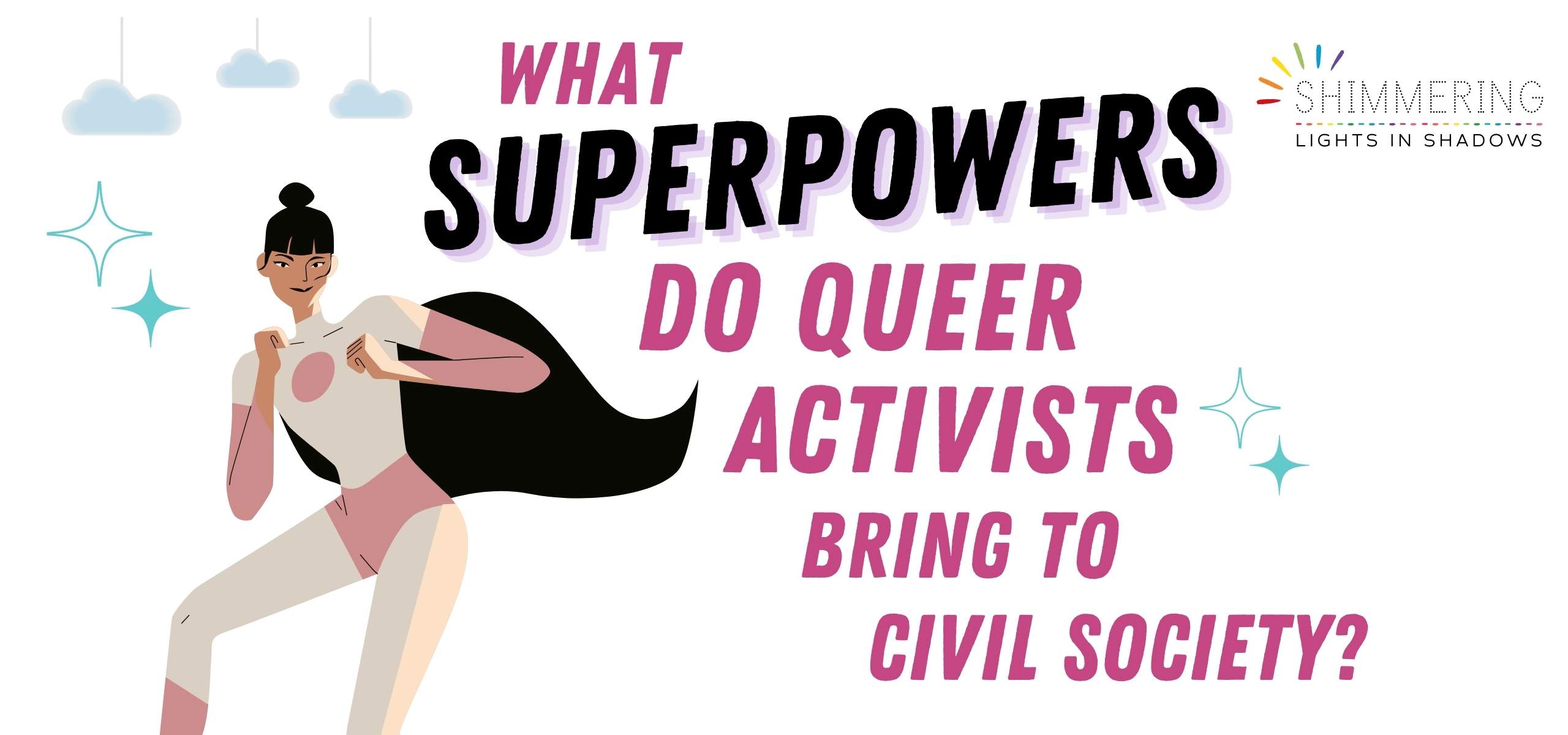
“Queer activism was a school for learning how to speak up.”
In every corner of civil society, queer activists bring a unique set of strengths — what we might call "superpowers." These include the resilience to thrive under scrutiny, the creativity to build communities in the face of exclusion, and the courage to navigate spaces where their voices are silenced. By organising in trauma-driven communities, amplifying others' stories, or creating new spaces where they are needed, queer activists are redefining leadership and solidarity.
However, these superpowers are not developed without challenges. Activists often navigate risks stemming from deeply ingrained stigma, systemic barriers, and exclusion. As Alex Au reflects, “Queer activism was a school for learning how to speak up.” Similarly, Anthony Chong shares how his journey as a deaf gay man taught him independence and leadership, empowering him to contribute meaningfully to civil society.
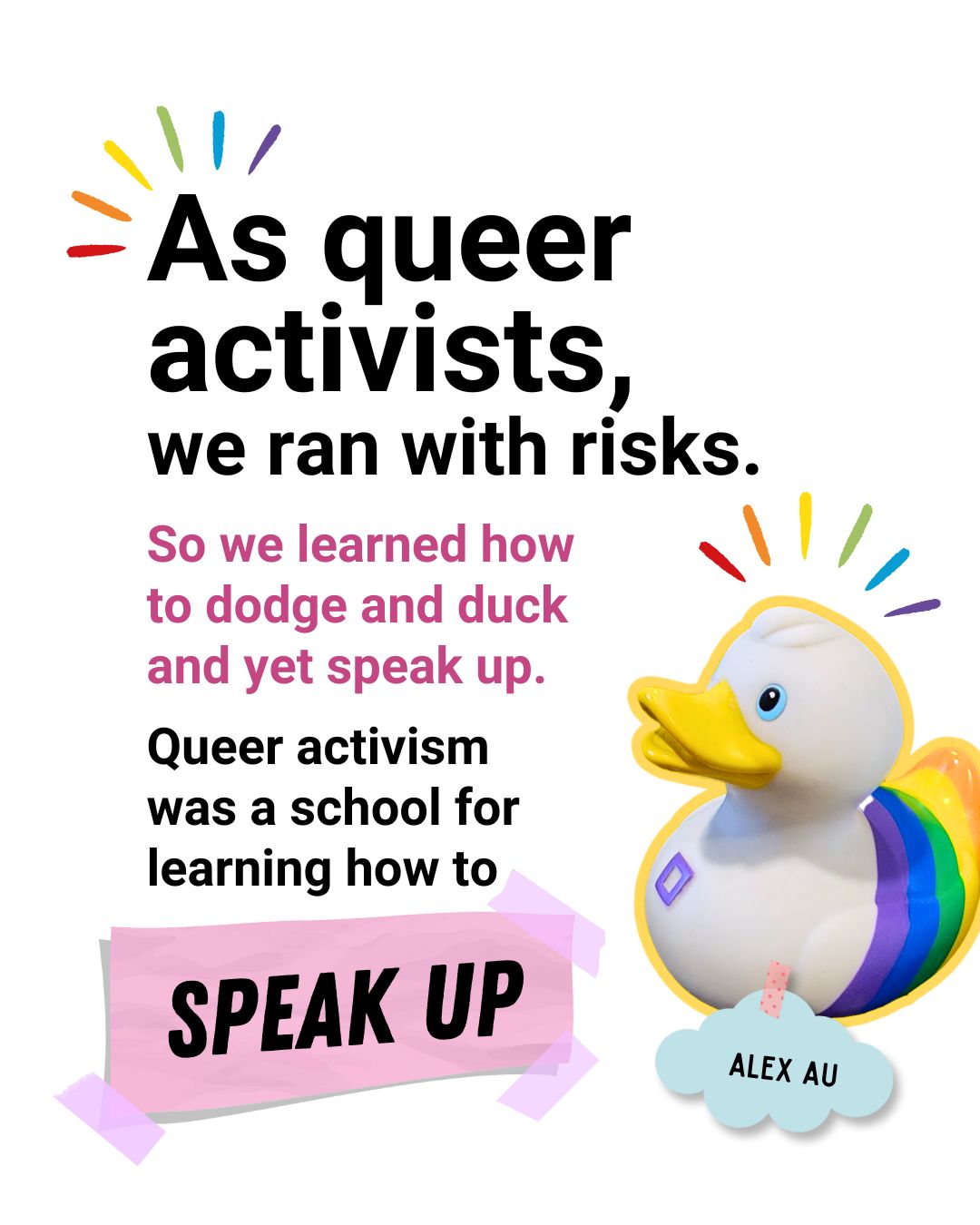
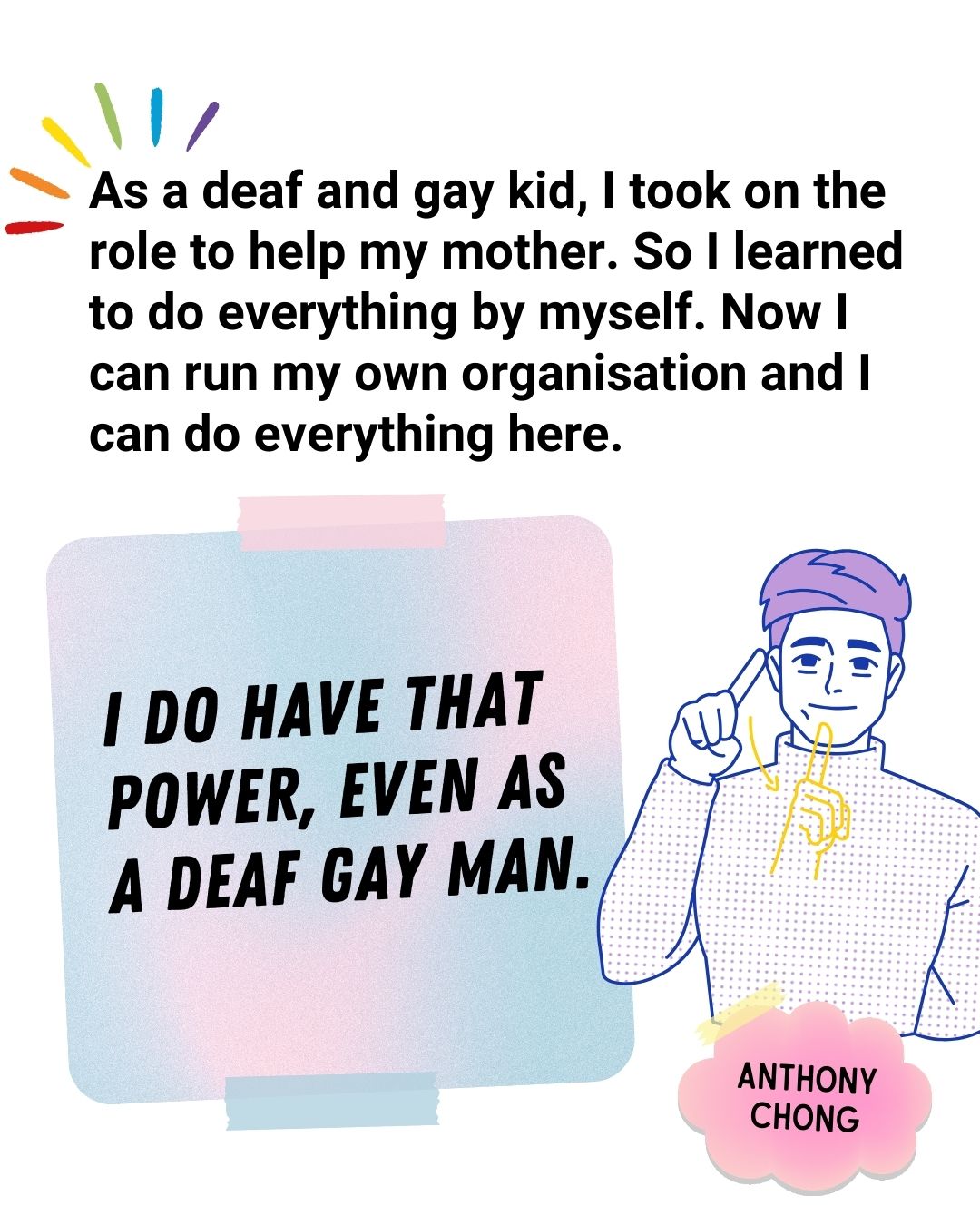
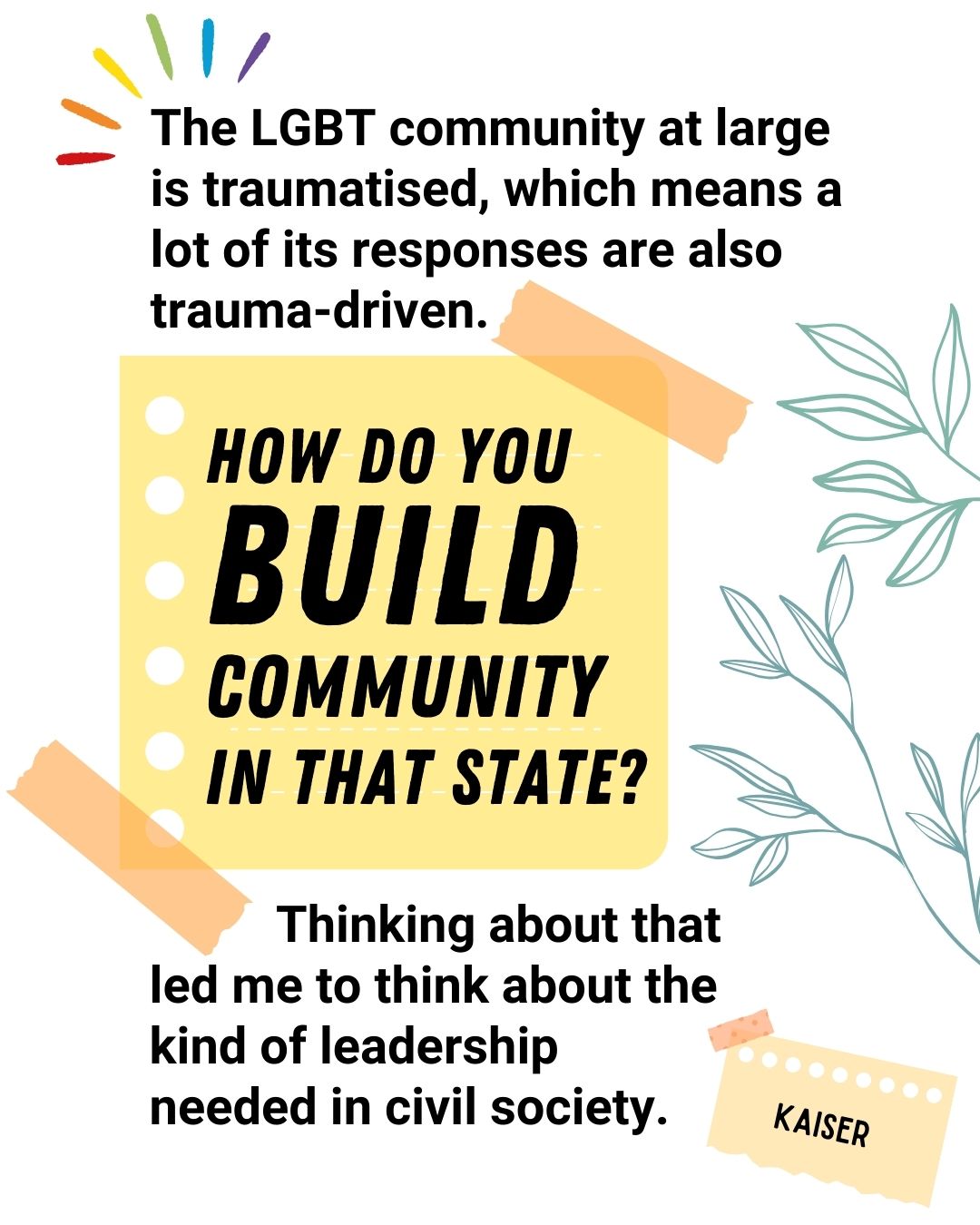
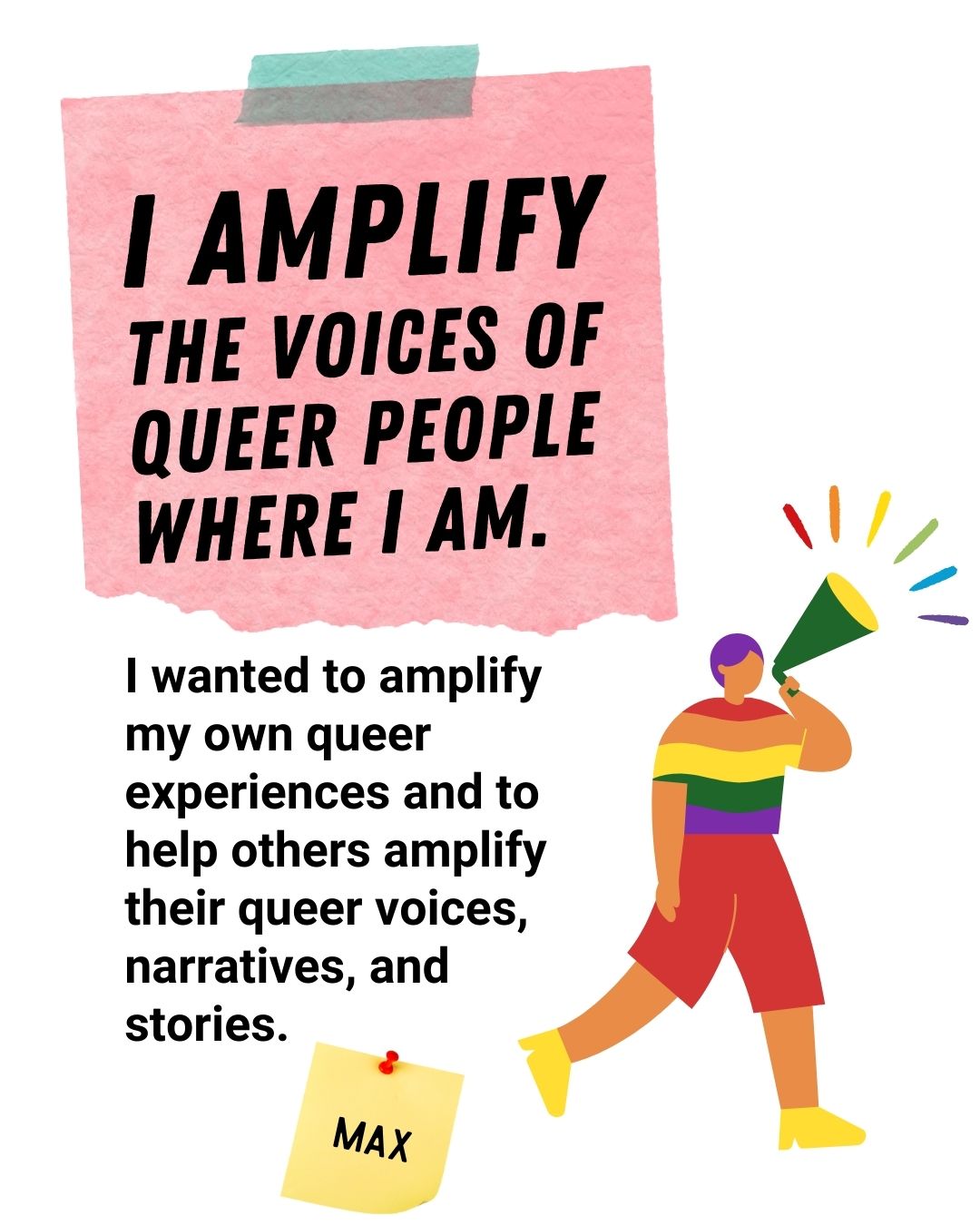
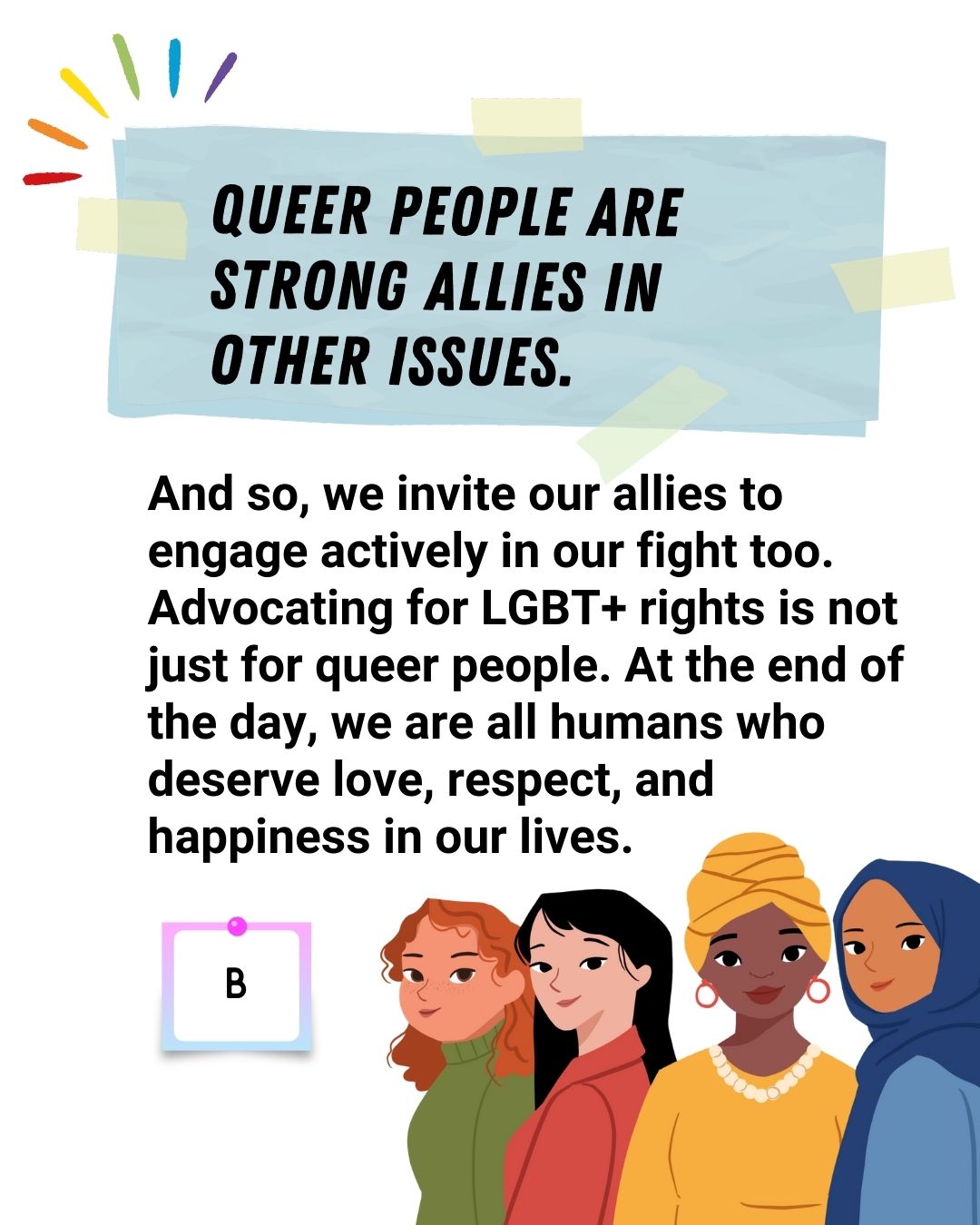
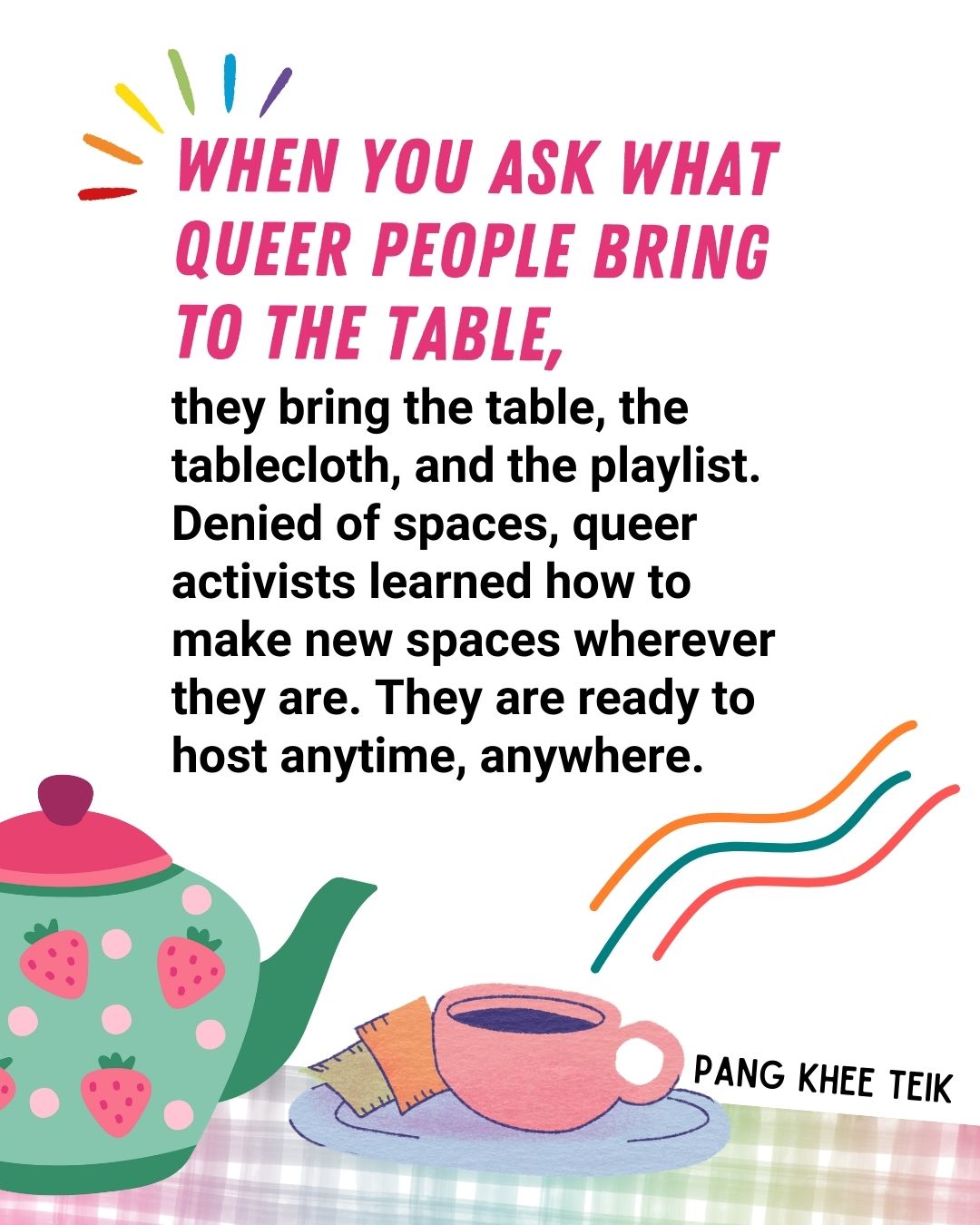
These quotes are by participants of our report “Shimmering Lights in Shadows: Queer activists in non-queer spaces”. It explores the lived experiences of 47 LGBTQIA+ individuals involved in civil society organisations across Brunei, Fiji, Malaysia, and Singapore. You may access the reports through ASEAN SOGIE Caucus or Asia Democracy Network.
Queer Contributions to Civil Society
Excerpt from the Synthesis Report by Marissa de Guzman
The Bruneian queer participants generally see their contributions to the work they are engaged in as products of their full selves. They never regarded their queer identities as separate from every other part of who they are, and so the emphasis is to credit persons, in general, for everything they bring to the table, not just particular queer skills, assets, or characteristics. In the workplace, the queer individual’s goal is for the work to speak louder than the identity as the full self performs and contributes.
Fijian queer peoples’ gender lens offers a means to inform programme work that, in turn, ensures gender equality and inclusion in the workplace. Opportunities have opened up for the queer activists because of the unique skills they bring to the roles they serve. “I think one of the ways that I’ve been contributing is continuously reminding and educating colleagues about what the queer experience is like, and how best to communicate LGBTQIA+ issues.”
Rainbow-tinted lenses empower queer people with the all-embracing capability to view, appreciate, and respect the rights of others. In a non-binary world, there is recognition and celebration of diversity. It is freeing to operate with the mindset that the expectation is not to conform or confine to what is familiar or similar to what and who you are. The differences in identities, lived realities, backgrounds, values, interests, aspirations, etc. actually enhance the shaping of a multi-faceted approach to the multiple ways of responding to social justice issues.
Personal exposure to discrimination also arms Malaysian queer individuals with the sensitivity to feel for others, to foresee what they need and connect them with the support or resources needed. Empathising is easy, natural, and almost instantaneous for the queer contributors. The ability to relate to common experiences and lived realities is a convenient tool in their CSO work that involves creating safe spaces in the facilitation of discussions, especially on sensitive issues. When these lived realities get shared openly and safely, and when they are amplified to reflect on-the-ground situations, they hold the potential to inform and influence policies – both within civil society workplaces, in particular, and in societies, in general.
One fundamental contribution is worth highlighting. When queer activists feel safe and empowered to openly carry out the work or live out their passions through their advocacies, they become visible doing the good that they do. Visibility becomes a signal to other silenced or marginalised queer individuals and communities to bring their full selves to work or to wherever they need to be, to do as they pursue.
The Singaporean participants talked about conscious and unconscious ways queer HRDs contribute to civil society workplaces and CSO work culture. Empathy is the undisputed gift to offer and one that is commonly mentioned by everyone. Awareness of their personal alienation gives them the ability to empathise with other oppressed groups. Knowing that there are others like them that society and institutions have oppressed makes it easy for queer activists to look out for those in need, to spot them where they may be quietly navigating to survive, or to predict the support they need.
Being intentional in seeking and creating coalitions on intersectional issues and advocacies also allow the Singaporean queer activists to make their queer spaces radically inclusive. Creativity in communication, innovation in implementation, and finding ways around or through seemingly contentious scenarios posed by Singapore’s restrictive whole-of-government (WOG) approach comprise a Singaporean activist’s advocacy toolkit. Some queer activists have expertly steered paths for decades criticising policy and policymakers, where warranted, while also steering clear of landing in prison for the criticisms made. This is pure testament to navigation as an asset, one that has been dearly won through adversity and acquired through learning by discovery. Because of some of the Singaporean contributors’ visibility and their openness to oppose discriminatory or oppressive policies, they have opened themselves up to being easily identifiable targets. The concept of being unsafe in pursuing advocacy work should also be considered as a contribution to civil society. Activists coming together and knowingly being unsafe together is also a means of forming bonds of solidarity. This, in turn, produces opportunities to co-create ways to protect each other. In building this culture of solidarity, of being fully aware of shared risks, they may be discovering another survival skill – of not having to go through the oppression or being unsafe alone.
You may access the Synthesis Report through ASEAN SOGIE Caucus or Asia Democracy Network.
